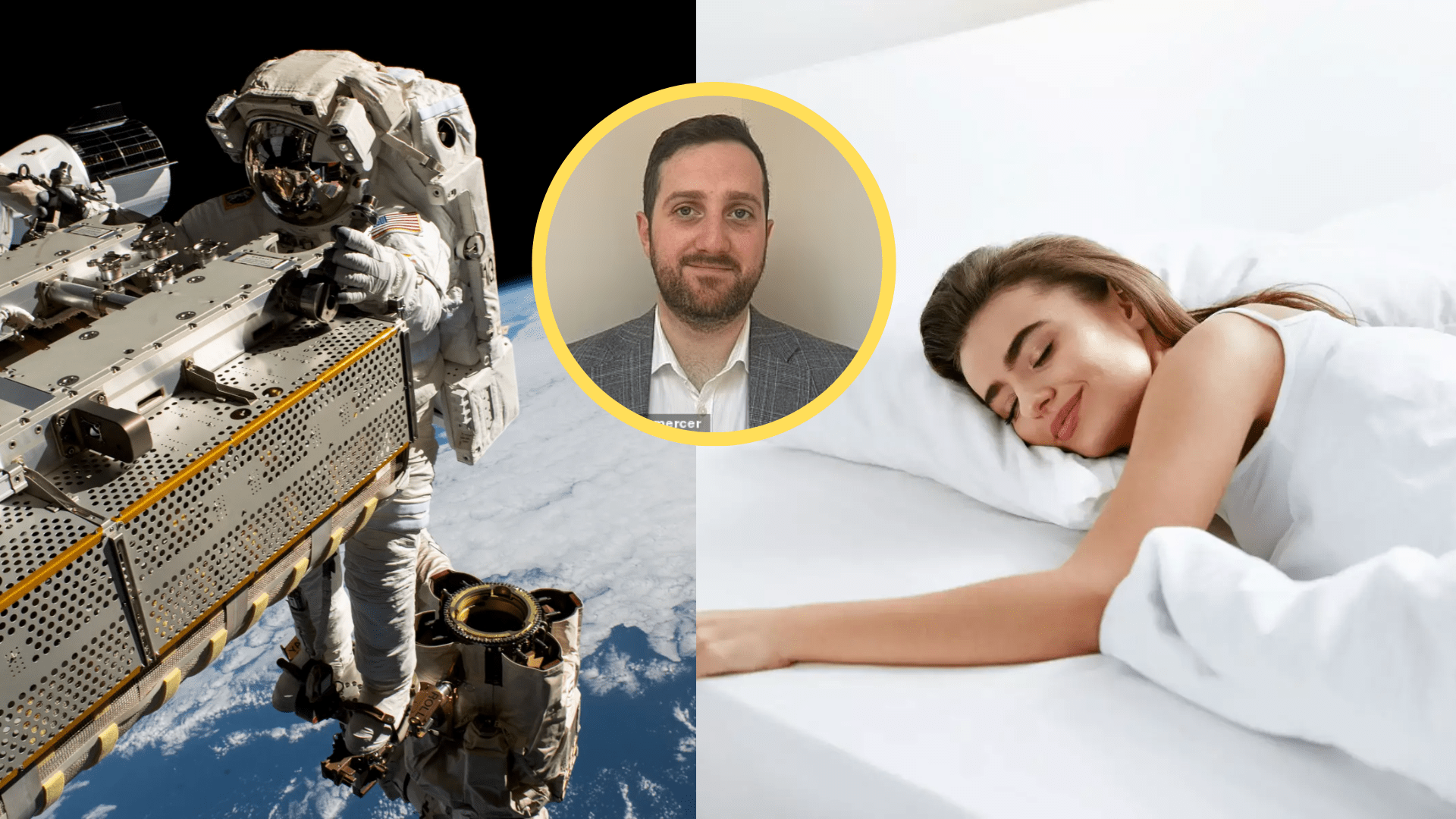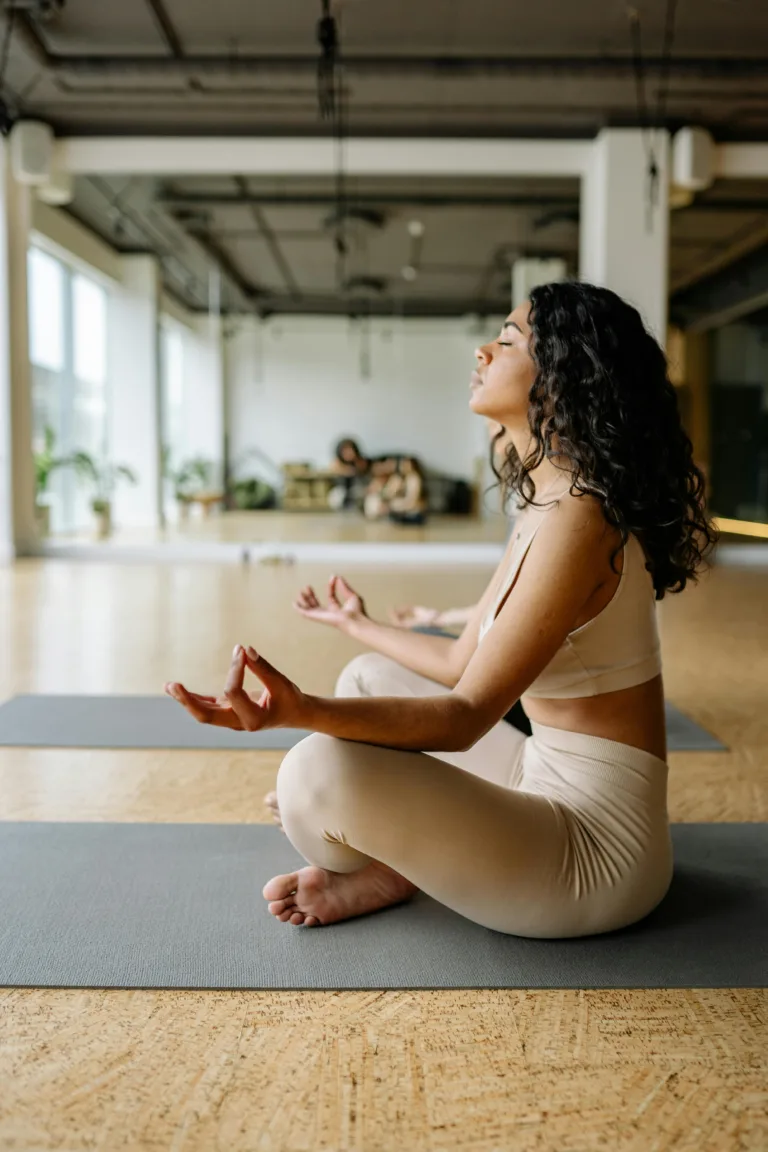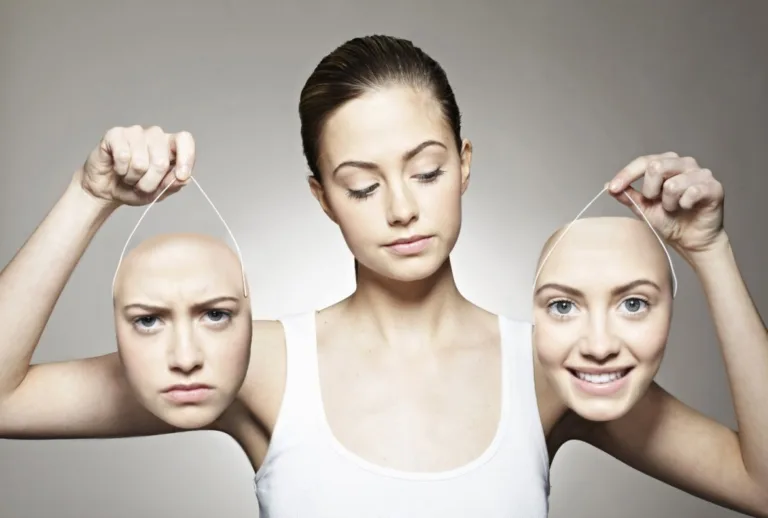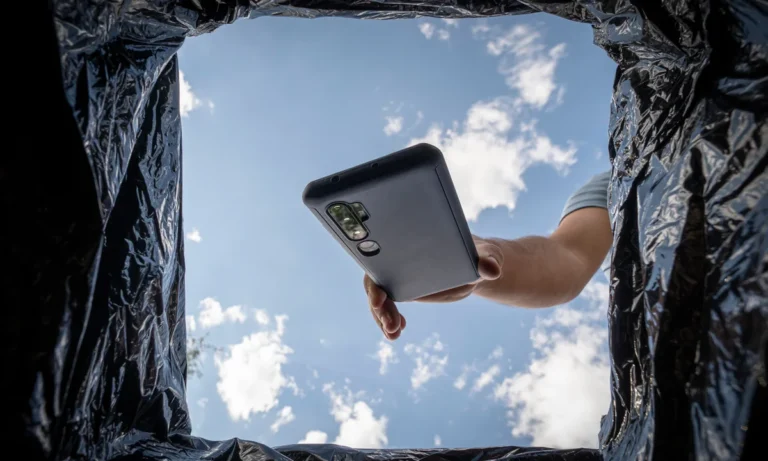Struggling to Sleep? GP Reveals Surprising NASA-Inspired Position That Can Instantly Banish Insomnia

Struggling with insomnia? The “zero gravity” sleeping position, originally designed by NASA for astronauts, may offer a solution to help improve sleep quality and provide much-needed rest. NHS GP Dr. Tim Mercer explains that elevating the head and legs above heart level helps align the spine, open airways, and boost oxygen intake. This technique benefits those with respiratory conditions, promotes blood circulation, and alleviates muscle and joint pressure, contributing to deeper, more restorative sleep and faster recovery.
Credits: Irish Times
sleeping position designed for NASA astronauts might just be the key to overcoming insomnia and achieving longer, more restful sleep, according to an NHS doctor.
Zero Gravity Sleep Position: NASA-Inspired Technique Helps Earthbound Sleep Issues
The technique, known as the “zero gravity” position, was originally developed by NASA to help astronauts sleep in the extreme conditions of space. However, the position has now been found to be beneficial for those suffering from sleep problems here on Earth, as Dr. Tim Mercer, an NHS GP Partner and GP Trainer with Opera Beds, explains.
Credits: Svago
Zero-Gravity Sleep Position: Align Your Spine and Boost Oxygen Intake
The zero-gravity technique involves lying on your back and raising the head and legs to just above heart level, which allows the spine to align in a relatively straight line. The head is slightly elevated, and the knees and elbows are gently bent. This position helps open up the airways, allowing for more oxygen intake while you sleep.
Zero-Gravity Sleep: Boost Immunity and Aid Recovery from Colds or Flu
Dr. Mercer highlights that this sleeping position can be particularly beneficial for individuals with respiratory conditions, making it a good option for those struggling with colds or flu. “Sleep is crucial for recovery during illness. Quality rest helps the body focus its energy on immune function, which speeds up the recovery process,” Dr. Mercer told He also pointed out that during sleep, the body produces cytokines—proteins that combat inflammation and infection—making sleep a powerful tool for fighting off viruses.
Credits: Good RX
Beyond respiratory benefits, the zero-gravity position is also thought to improve blood circulation, which can aid in faster healing from injuries. When sitting or standing, veins in the legs have to work against gravity to push blood back to the heart. Elevating the legs helps blood flow more freely, as gravity assists in circulation.
Zero-Gravity Sleep: Relieve Pain, Promote Relaxation, and Enhance Sleep Quality
Additionally, the position helps to relieve pressure from muscles and joints, creating a sensation of weightlessness. This promotes relaxation, improving both the quality and duration of sleep while reducing any discomfort or pain. Experts suggest that these combined factors make it less likely that people will toss and turn during the night, leading to deeper, more restorative sleep.
Credits: Wal Greens
Dr. Mercer’s Tips: Side Sleeping and Steam to Relieve Cold Symptoms
Dr. Mercer also recommends other sleeping positions to help with specific issues like cold symptoms. For example, sleeping on your left side can help relieve congestion, as it prevents mucus from accumulating at the back of the throat during sleep. Furthermore, he suggests that steam from a hot shower or bath can help clear up blocked airways.
A recent study revealed that one in six people in the UK suffer from insomnia, yet 65% of them do not seek help for their sleep problems. The survey, conducted by The Sleep Charity, found that 90% of participants experienced some form of sleep difficulty, and half of them engaged in potentially harmful behaviors when unable to sleep.
Poor Sleep Linked to Serious Health Risks, Yet CBT-I Access Remains Limited
Poor sleep is linked to various health issues, including cancer, stroke, and infertility. The National Institute for Health and Care Excellence (NICE) recommends Cognitive Behavioral Therapy for Insomnia (CBT-I) as the primary treatment for both short- and long-term insomnia. However, a Freedom of Information request revealed that only 12% of NHS Trusts provide both in-person and digital CBT-I services.
Lisa Arti, deputy chief executive of The Sleep Charity, commented on the lack of attention sleep health receives: “Despite public health campaigns on healthy eating and exercise, sleep has been neglected. Poor sleep can increase mortality by 13% and is connected to major physical and mental health conditions. We believe it’s time for this to change.”As sleep issues cost the UK billions of pounds in lost productivity each year, the charity advocates for a stronger focus on sleep as a critical element of public health.






